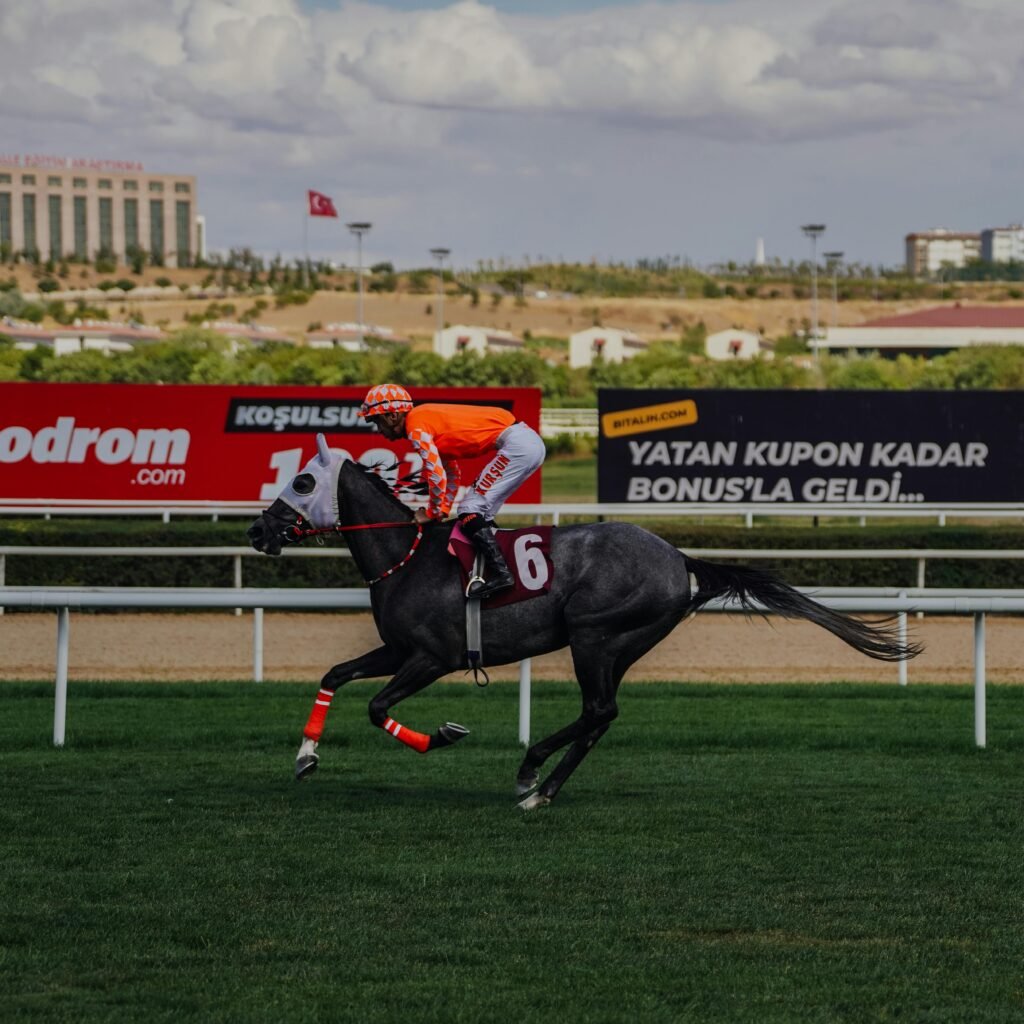The Ty Gallop Story: A Young Star’s Tumultuous Journey
The name Ty Gallop has recently been making headlines, and not just on the sports pages. While once celebrated as a rising star in the Australian football scene, Gallop’s journey has taken an unexpected and concerning turn. This isn’t just a story about a single incident; it’s a look at the pressures young athletes face, the potential pitfalls of fame, and the importance of support systems. We’ll delve into the details surrounding the allegations against him, explore his promising career trajectory, and discuss the broader implications for athlete development and well-being. Learn more about navigating the complexities of the digital age by exploring our guide to online reputation management, a crucial aspect for individuals in the public eye.
This article aims to provide a comprehensive overview of the situation, moving beyond sensationalized headlines to offer context and insight. We’ll examine the available information, consider different perspectives, and discuss the potential consequences for all involved. The goal isn’t to pass judgment, but to understand.
The Allegations: What We Know So Far
Recent reports have linked a Geelong teen, allegedly identified as Ty Gallop, to a disturbing incident involving impersonating a Brisbane Lions player and subsequent theft from a hotel room. Details are still emerging, and it’s crucial to remember that these are allegations. The legal process will need to run its course to determine the full truth of the matter. However, the reports paint a concerning picture.
According to news outlets, the alleged incident involved the teen posing as a Lions player, gaining access to a hotel room, and then stealing various items. The specifics of what was taken and the exact circumstances surrounding the incident remain under investigation. The Brisbane Lions organization has reportedly been cooperating with authorities.
The Impact of Accusations: Beyond the Legal Realm
Regardless of the legal outcome, these allegations have already had a significant impact on Ty Gallop’s reputation and career prospects. Even if proven innocent, the association with such an incident can be damaging. This highlights the importance of responsible behavior and the potential consequences of actions, especially in the age of social media where information spreads rapidly. To learn more about protecting your online presence, explore our blog post on social media privacy settings.
The mental and emotional toll on Gallop, his family, and the Brisbane Lions organization should not be underestimated. Public scrutiny can be intense, and the pressure to maintain a positive image can be overwhelming. It’s a stark reminder that athletes are individuals with vulnerabilities, not just performers on a field.
From Burnout to Breakout: Gallop’s Football Journey
Prior to these allegations, Ty Gallop was known for his talent and potential on the football field. A recent article described him as having “flicked the switch,” transitioning from a state of burnout to a breakthrough performance. This suggests a period of struggle followed by a renewed sense of purpose and dedication. This transformation highlights the importance of mental resilience and the ability to overcome challenges in the pursuit of athletic goals.
It’s not uncommon for young athletes to experience burnout. The pressure to perform, the demanding training schedules, and the sacrifices required can take a toll. Overcoming burnout requires a multifaceted approach, including:
- Setting Realistic Goals: Focusing on achievable milestones rather than unrealistic expectations.
- Prioritizing Mental Health: Seeking support from coaches, therapists, or mentors.
- Maintaining a Healthy Balance: Incorporating activities outside of sports to reduce stress and prevent isolation.
- Celebrating Small Victories: Acknowledging progress and achievements to maintain motivation.
The Pressure Cooker of Professional Sports
The journey from aspiring athlete to professional player is fraught with challenges. The competition is fierce, the demands are high, and the spotlight is intense. Athletes are constantly under pressure to perform at their best, both on and off the field. This pressure can lead to anxiety, depression, and other mental health issues. Understanding the stressors involved can help both athletes and those supporting them to build resilience and seek help when needed. For more insights on managing stress in high-pressure environments, explore our guide on workplace wellness programs; many of the principles apply equally to athletic settings.
Furthermore, the financial incentives in professional sports can create a breeding ground for unethical behavior. The lure of fame and fortune can tempt individuals to make poor choices, especially when faced with difficult circumstances. Strong ethical guidance and support systems are crucial for navigating these challenges.
The Role of Mentorship and Support Systems
The Ty Gallop situation underscores the critical importance of mentorship and robust support systems for young athletes. Coaches, family members, and mentors play a vital role in guiding athletes through the challenges they face. These individuals can provide advice, encouragement, and a sense of perspective, helping athletes make sound decisions and avoid pitfalls.
A strong support system should include:
- Open Communication: Creating a safe space for athletes to express their concerns and challenges.
- Ethical Guidance: Providing clear moral boundaries and expectations.
- Mental Health Support: Connecting athletes with mental health professionals when needed.
- Financial Literacy: Educating athletes about managing their finances responsibly.
Preventing Future Incidents: A Proactive Approach
While the specific details of the Ty Gallop case are unique, the underlying issues are not. The pressures of professional sports, the lure of fame and fortune, and the lack of adequate support systems can contribute to negative outcomes. To prevent similar incidents in the future, a proactive approach is needed.
This approach should involve:
- Comprehensive Athlete Development Programs: Focusing not only on athletic skills but also on personal development, ethical decision-making, and mental health.
- Strengthening Support Systems: Providing athletes with access to mentors, counselors, and other resources.
- Promoting Ethical Behavior: Emphasizing the importance of integrity and sportsmanship.
- Raising Awareness: Educating athletes about the potential consequences of their actions.
The Media’s Role and Public Perception
The media plays a significant role in shaping public perception of athletes. While responsible reporting is essential, sensationalized headlines and biased coverage can distort the truth and unfairly damage reputations. It’s important to approach media reports with a critical eye, recognizing that they may not always present the full picture. This situation reminds us of the power of perception and the need for fair and balanced reporting.
Furthermore, social media has amplified the impact of media coverage. Rumors and speculation can spread rapidly, often without any basis in fact. Athletes must be prepared to navigate this complex media landscape and manage their online presence effectively. Consider the impact of the information shared and the potential consequences of online actions. Consider also the importance of implementing a robust digital marketing strategy to control the narrative surrounding one’s public image.
Moving Forward: Lessons Learned and Paths to Redemption
The Ty Gallop story serves as a cautionary tale, highlighting the challenges and pressures faced by young athletes. Regardless of the legal outcome, this incident provides an opportunity for reflection and growth. It underscores the importance of mentorship, support systems, and ethical decision-making. It is also a reminder that everyone makes mistakes, and that redemption is possible.
For Ty Gallop, the path forward may involve acknowledging his mistakes, taking responsibility for his actions, and demonstrating a genuine commitment to personal growth. Rebuilding trust will take time and effort, but it is achievable. The support of his family, friends, and the football community will be crucial in helping him navigate this challenging period.
Ultimately, the Ty Gallop story is a complex and multifaceted one. It raises important questions about athlete development, personal responsibility, and the role of the media. By examining the situation with a critical and compassionate eye, we can learn valuable lessons and work towards creating a more supportive and ethical environment for young athletes. If you found this article insightful, consider sharing it with your network and let’s continue the conversation about supporting young athletes. To explore similar cases and lessons learned, check out our related article on managing public image in the digital age.








